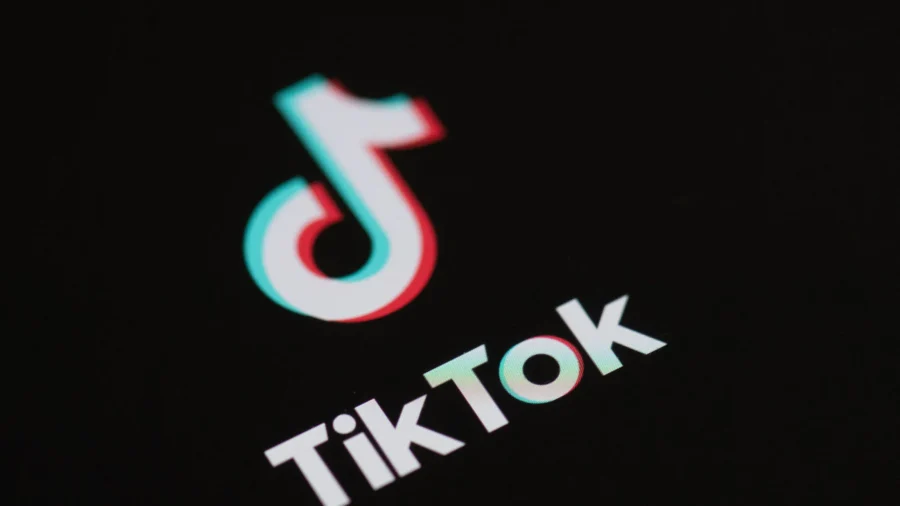Texas Attorney General Ken Paxton filed a lawsuit against TikTok on Oct. 3 alleging that the video-sharing app violated a new state law aimed at protecting minors from harmful content and data collection practices.
The Securing Children Online through Parental Empowerment (SCOPE) Act, which took effect on Sept. 1, prohibits digital service providers from sharing or selling minors’ personal identifying information without the consent of their parents or legal guardians.
The SCOPE Act also requires digital service providers to create tools that allow parents or legal guardians to monitor and control their teens’ privacy and account settings.
In his lawsuit, Paxton alleged that TikTok, which is owned by the Chinese company ByteDance, collected and stored minors’ personal identifying information while failing to comply with the law’s requirements.
“Texas law requires social media companies to take steps to protect kids online and requires them to provide parents with tools to do the same,” the attorney general said in a statement announcing his lawsuit.
“TikTok and other social media companies cannot ignore their duties under Texas law.”
Paxton filed the lawsuit in the District Court of Galveston County, Texas.
The lawsuit states that while TikTok has a “family pairing” feature that allows parents or guardians to link their accounts to their teens’ accounts for monitoring, the feature does not verify the identity and relationship of the parent or guardian to a minor.
It adds that TikTok also failed to use a “commercially reasonable method” as required by the law for such verification, as its family pairing feature relies on minors to accept or deny their parents’ pairing requests.
TikTok’s family pairing feature does not give parents the ability to control the sharing of their teens’ personal information, nor does it allow them to control the app’s display of targeted advertising to minors, according to the lawsuit.
The suit also alleges that TikTok unlawfully shares and sells minors’ personal identifying information to several third parties, including advertisers and search engines.
Paxton is seeking civil penalties of up to $10,000 for each violation of the SCOPE Act and an injunction to prevent further violations by TikTok.
The attorney general pledged to hold TikTok and other major technology companies “accountable for exploiting Texas children and failing to prioritize minors’ online safety and privacy.”
TikTok did not respond to a request for comment by publication time.
Paxton’s complaint marks the latest challenge against TikTok. In August, the Federal Trade Commission (FTC) and the Department of Justice (DOJ) filed a civil lawsuit against TikTok and ByteDance for allegedly violating the Children’s Online Privacy Protection Act (COPPA) of 1998 and an associated FTC rule outlining how online services should handle data from children under 13 years of age.
COPPA prohibits website operators from collecting or sharing personal information from children under the age of 13 without consent from their parents. It also requires that website operators delete children’s personal information when requested by their parents.
According to the complaint, TikTok breached a 2019 court order to resolve a similar lawsuit alleging violations of COPPA and its associated FTC rule.
The DOJ alleged that TikTok bypassed parental consent in retaining children’s personal information, such as email addresses, and failed to honor parents’ requests to delete children’s accounts.
It added that TikTok’s internal policies were deficient in identifying and deleting children’s accounts on the platform.
TikTok has denied the allegations. A TikTok spokesperson told The Epoch Times in August that the allegations were related to past events and practices “that are factually inaccurate or have been addressed.”
“We are proud of our efforts to protect children, and we will continue to update and improve the platform. To that end, we offer age-appropriate experiences with stringent safeguards, proactively remove suspected underage users, and have voluntarily launched features such as default screentime limits, Family Pairing, and additional privacy protections for minors,” TikTok said at the time.
President Joe Biden signed a new law in April requiring ByteDance to divest from TikTok or face removal of the app from app stores and web-hosting services, which TikTok is challenging in court.
Sam Dorman contributed to this report.
From The Epoch Times

